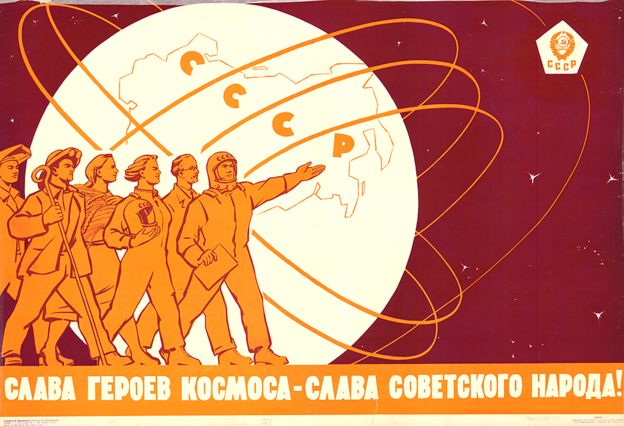(单词翻译:单击)
视听文本
Most of heavy industry, transportation and finance stayed in communists' hands.
大部分重工业,交通和金融仍归共产党掌管
But even this limited market economy paid dividends.
但即便是这有限的市场经济也带来了回报
Given a motive to be productive farmers the Russian peasants came through.
被称为多产农场主的动力驱使着俄罗斯农民们能够安然度过难关
In fact production of grain surpassed pre-WWI times as the peasants drove an economic boom.
事实上,粮食生产超出了一战前时候的产量,农民们推动了经济繁荣
Thanks to the New Economic Policy's success Soviet industry, still battered by civil war, had more leeway in planning their production.
多亏了新经济政策的成功,苏联被内战摧垮的工业有了更多规划生产的余地
At first the industrial sector barely kept up with the demand for manufactured products.
起初,工业几乎跟不上生产产品的需求
But when the demand continued growing
但随着需求持续增长
the factories found they could earn just as much profit by making fewer products and charging the peasants more.
工厂发现即使制造出少量的商品也可以赚到一样多的利润,只要卖给农民的价格更贵就行了
Soon the peasants were producing too much grain.
很快,农民所生产出来的粮食就过剩了
The only grain buyers now were illegal speculators who stored it until higher prices returned.
现在唯一的粮食买家是非法的投机者把粮食储藏起来,直至粮价回升
By October 1923 the peasants in the industrial sector had literally switch places in this xxx and industry was driving the economy, not the peasants.
到1923年10月,在工农联盟中,工业部门的农民转变了角色,现在驱动经济发展的是工业而非农业了
Eventually the NEP lost popularity with communists.
最后新经济政策在共产党内受到了反对
Marx had never been a big fan of supply and demand
马克思从不是供需关系的支持者
and even a small dose of capitalism offended old Bolsheviks who had risked their lives bringing down the Tsar.
哪怕是一点点的资本主义,都会触怒到那些冒着生命危险,扳倒沙皇的老布尔什维克党人
视频及简介
课程介绍:
此课程介绍了十月革命前的苏联。
原声视频:


